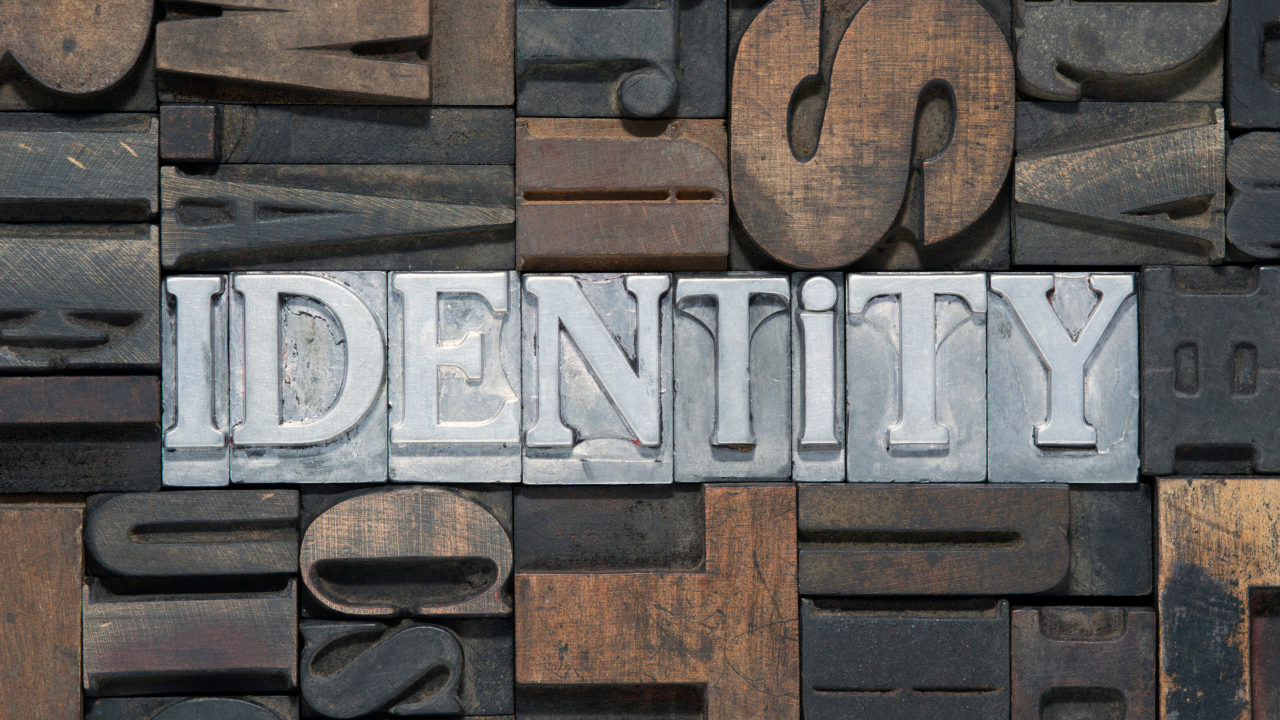The Importance of Community for Mental Health

Food allergies are often seen as a medical issue: reading labels, carrying epinephrine, and avoiding risky foods. But what is less visible is the psychological burden of living with constant vigilance. For many, daily life brings anxiety about accidental exposure, uncertainty about social situations, or fear of being misunderstood. Over time, this can take a toll not only on emotional well-being but also on physical health.
One of the most powerful protective factors against these challenges is connection. Building a support network, both with those who already know you and with new people who share similar experiences, plays a central role in protecting mental health and fostering resilience.
The Hidden Costs of Isolation
Research shows that loneliness and social isolation are more than just “feeling alone.” They are associated with increased risks for both mental and physical health conditions. For example:
- A 2020 report from the National Academies of Sciences, Engineering, and Medicine found that social isolation significantly increases the risk of premature mortality, on par with well-known risk factors like smoking and obesity.
- Loneliness has been linked to higher rates of anxiety, depression, and stress-related illnesses.
- Chronic isolation can elevate inflammation and weaken immune functioning, making the body more vulnerable to illness.
- For children and adolescents, isolation can hinder social development and increase vulnerability to bullying, while for adults, it can amplify work-related stress and reduce overall quality of life.
When food allergies limit participation in everyday activities, such as eating in restaurants, traveling, or attending social gatherings, the risk of social withdrawal is real. Without intentional strategies for connection, individuals and families may unintentionally drift into patterns of isolation that heighten stress and erode resilience.
Why Support Networks Protect Mental Health
From a psychological perspective, social support acts as a buffer against stress. When we feel connected:
-
Stress feels more manageable. Sharing experiences with others helps the brain reframe challenges as something survivable, rather than overwhelming.
-
Emotional needs are met. Empathy and validation reduce the burden of “having to explain” or defend allergy precautions.
-
Coping skills improve. Learning strategies from others expands your toolkit for handling new or difficult situations.
-
Resilience grows. Community creates a sense of belonging and agency, both of which are critical for mental health.
Building Support from Existing Connections
Support networks don’t always mean joining new groups, they often begin with the people already in your life. Strengthening these relationships can reduce feelings of isolation and create a stronger safety net.
-
Family: Educate close relatives about your allergies, emergency plans, and emotional needs. Involving them fosters trust and lowers the feeling of carrying the responsibility alone.
-
Friends: Identify the friends who have shown empathy and willingness to accommodate your needs. Ask them to support you by being advocates in group settings or by helping to explain allergies to others.
-
Workplace or School: Talk openly with colleagues, teachers, or administrators about what helps you feel safe and supported. Building awareness in these environments can create micro-communities of care.
This approach acknowledges that while not everyone will fully “get it,” many people are willing to learn and can become powerful allies in reducing stress.
Expanding to New Communities
Sometimes, the best support comes from connecting with those who share lived experiences. Allergy-focused communities, both online and in-person, offer unique benefits:
-
Shared understanding: No lengthy explanations are needed. Others already know the daily balancing act of safety and normalcy.
-
Collective problem-solving: Communities often share tips on navigating travel, advocating in schools, or finding safe products.
-
Role modeling: Seeing others thrive with food allergies can shift perspectives from “I’m limited” to “I can adapt and flourish.”
-
Empowerment through advocacy: Many allergy communities engage in education and policy change, offering members a way to transform individual challenges into collective strength.
These spaces can be powerful. But it’s also important to acknowledge that not every group feels supportive to everyone. Sometimes hearing detailed stories of severe reactions can increase anxiety rather than reduce it. Social media in particular can create comparison or fear.
The key is self-awareness: notice how you feel after engaging with a group. Do you leave feeling supported, empowered, and calmer? Or do you feel tense, overwhelmed, or more afraid? Support should strengthen you, not weigh you down. It’s perfectly okay to step back, mute a group, or seek out a different community if one doesn’t feel like a good fit.
Practical Skills for Building Connection
Here are some actionable skills to help foster and strengthen support networks:
-
Practice Assertive Communication: Be clear about your needs while staying respectful. Scripts like “I appreciate your thoughtfulness, here’s what works best for me” can reduce anxiety and build trust.
-
Use Gradual Disclosure: Share your allergy details in stages, depending on trust and context. This helps reduce overwhelm and gives people time to learn.
-
Offer Reciprocity: Support is a two-way street. Ask others about their challenges, offer encouragement, or share resources. Mutual care deepens relationships.
-
Set Boundaries Wisely: Not everyone will be understanding. Focus your energy on people and communities that respect your needs rather than expending effort convincing those who minimize your experience.
-
Seek Professional Guidance When Needed: Therapists, support groups, or counselors can provide tools for managing anxiety, processing isolation, and practicing new social skills in a safe environment.
Thriving Together
Living with food allergies requires vigilance, but it should not mean isolation. By strengthening connections with trusted people already in your life and seeking out new communities where you feel understood, you can protect your emotional well-being and build resilience.
Support networks are not about doing more; they’re about not carrying the weight alone. Connection fosters strength. When you surround yourself with people who validate your experiences, share practical wisdom, and offer emotional presence, you create more than a safety net, you create a foundation for thriving.






